Neuroscientist Stephanie Cacioppo explores her story of love and loss, and what she’s learned about what makes us fall in love and what breaks our hearts.
Read more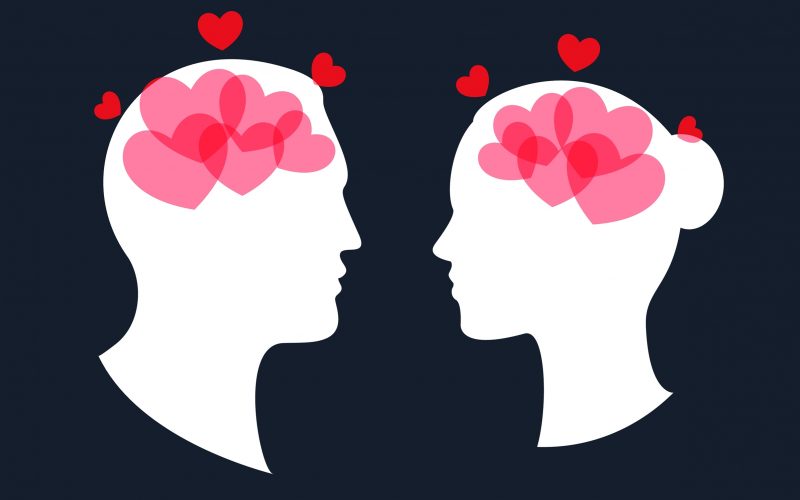


Neuroscientist Stephanie Cacioppo explores her story of love and loss, and what she’s learned about what makes us fall in love and what breaks our hearts.
Read more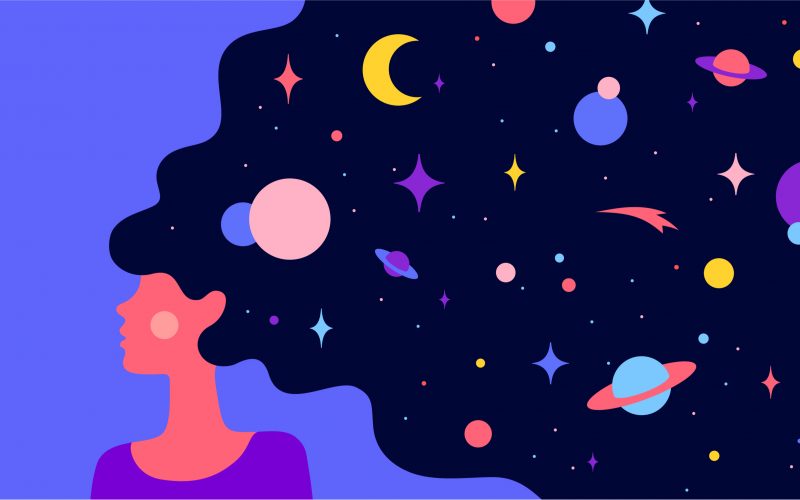
Antonio Zadra, a researcher at the Center for Advanced Research in Sleep Medicine, joins host Krys Boyd to talk about neuroscientific insights into our dreaming minds.
Read more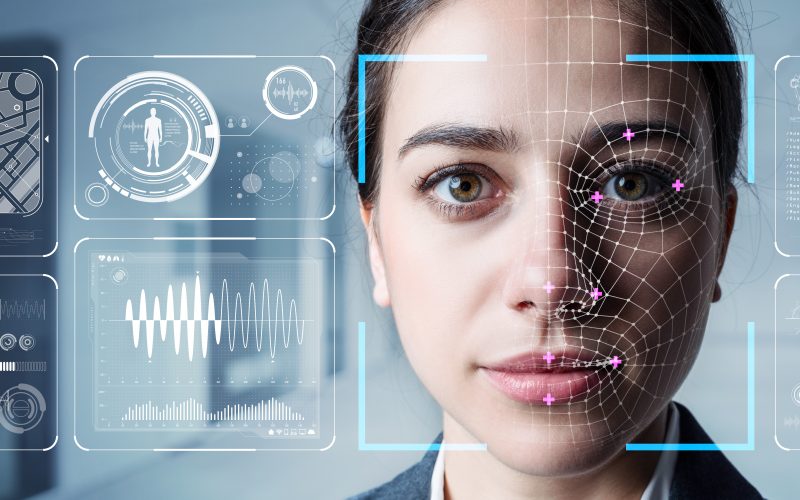
Carissa Véliz discusses the increasingly ever-present A.I. in our lives and what that means for human agency now and far into the future.
Read more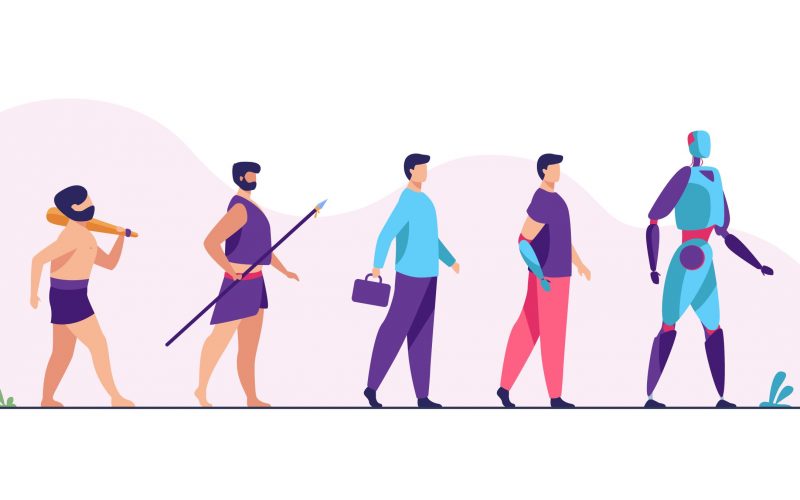
Ogi Ogas discusses what it means to think and experience emotions and discuss why an even higher form of consciousness might be in our future.
Read more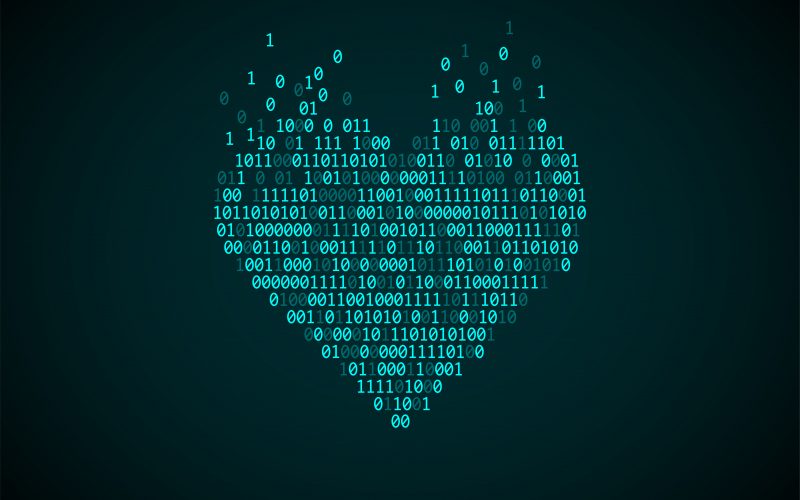
Leo Kim talks about A.I. that makes those who’ve passed on seem animated again, the ethical struggles of that, and the comfort it can bring to grieving families, friends and fans.
Read more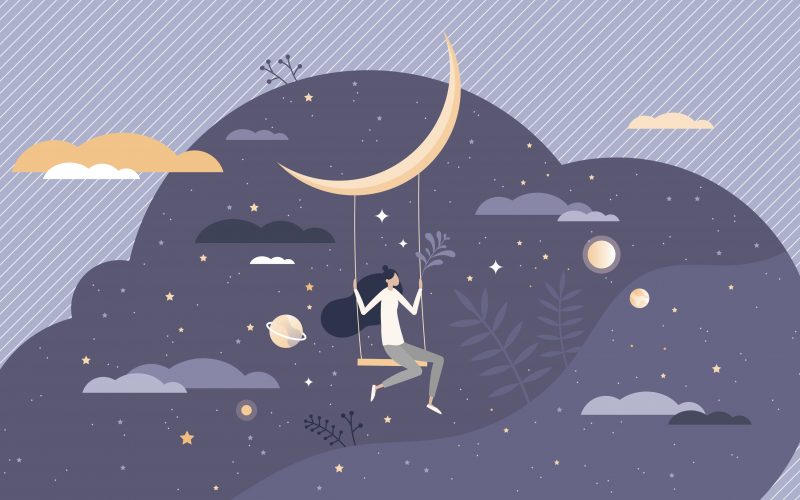
Michael W. Clune discusses the A.I. research into hacking into our sleeping brains in an effort to influence our dreams, and why that might make us more creative.
Read more
Laurie Winkless explains the fascinating world of surfaces that defines the world around us – from the products we use to our very own molecules.
Read more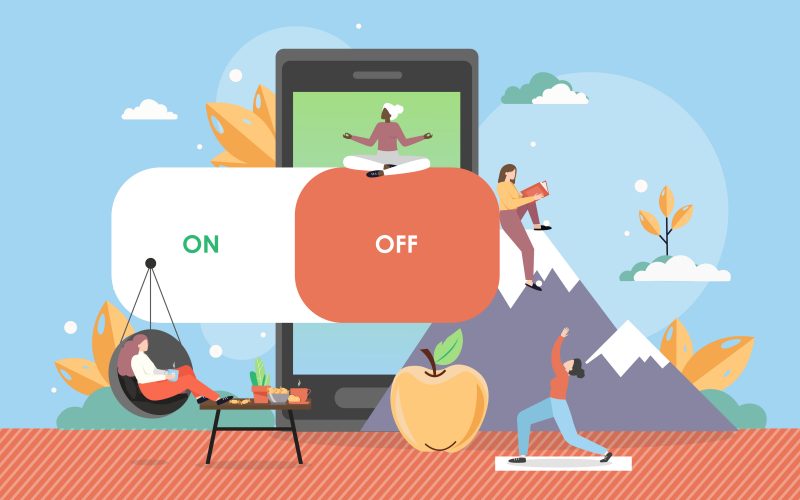
Christina Crook discusses practical techniques for battling online fatigue and disconnecting from our devices in order to fully engage in everyday life again.
Read more
Tessa West examines the different personality types that tend to make work miserable and the methods of social psychology you can employ to neutralize them.
Read more
Kelly Weill explains why people are drawn to the idea that the world is a pancake surrounded by ice and our contemporary moment that leads them there.
Read more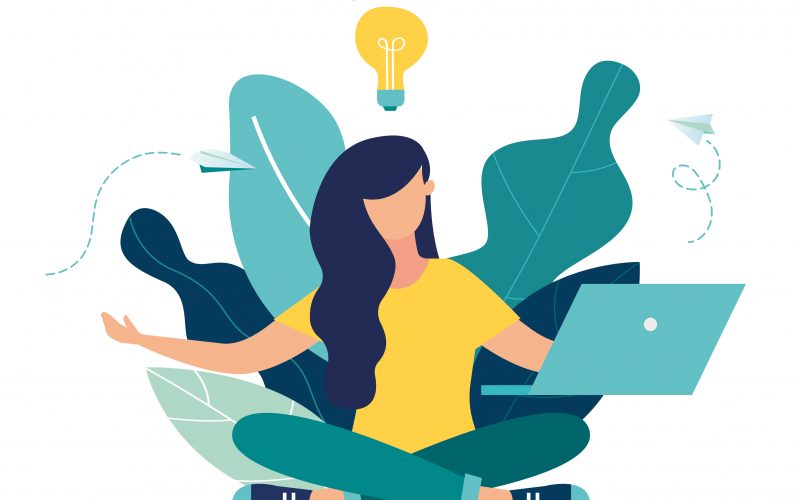
Carolyn Chen discusses her research in Silicon Valley, where she found spiritual practices like mindfulness are used to increase production while affiliations with places of worship outside the office are slipping away.
Read more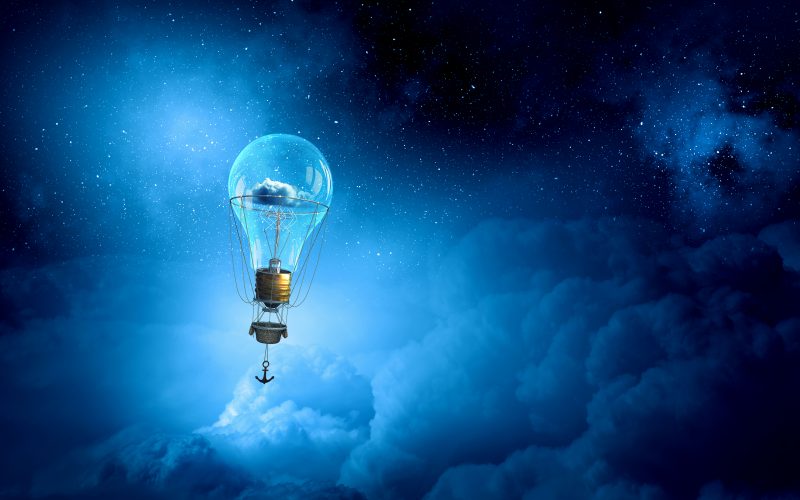
Cognitive neuroscientist Moshe Bar explains why divided attention can lead to bigger discoveries — from lessening anxiety to better connecting the dots of our daily lives.
Read more